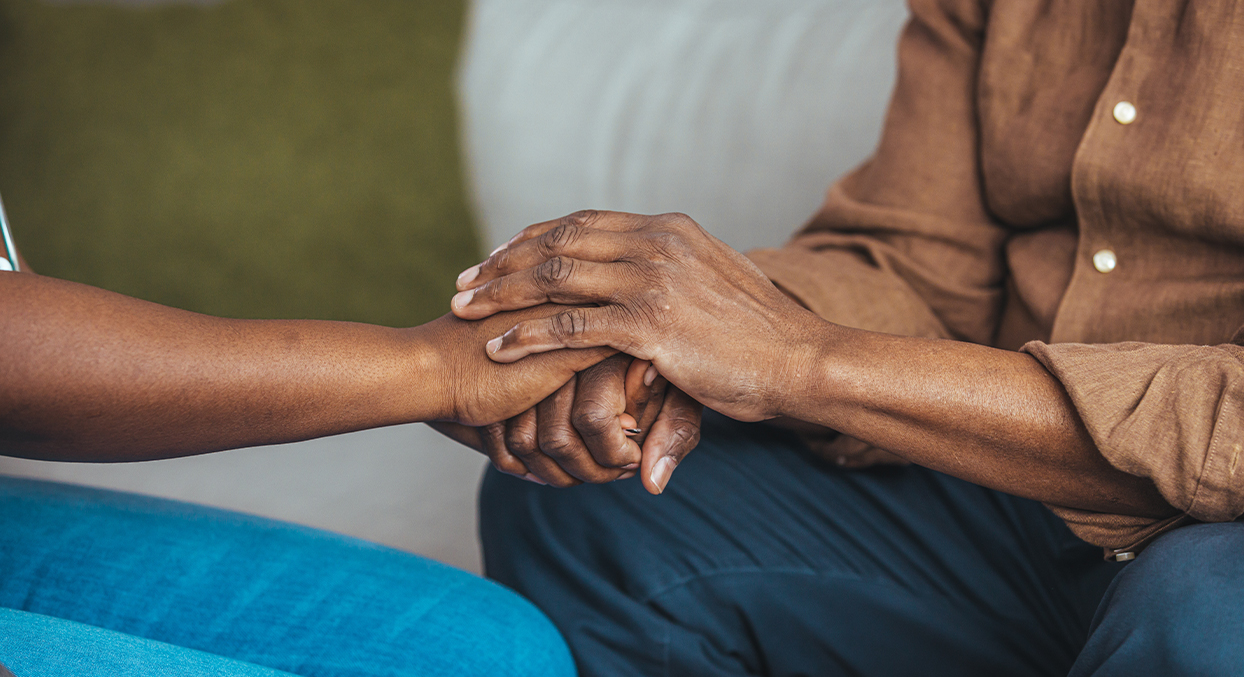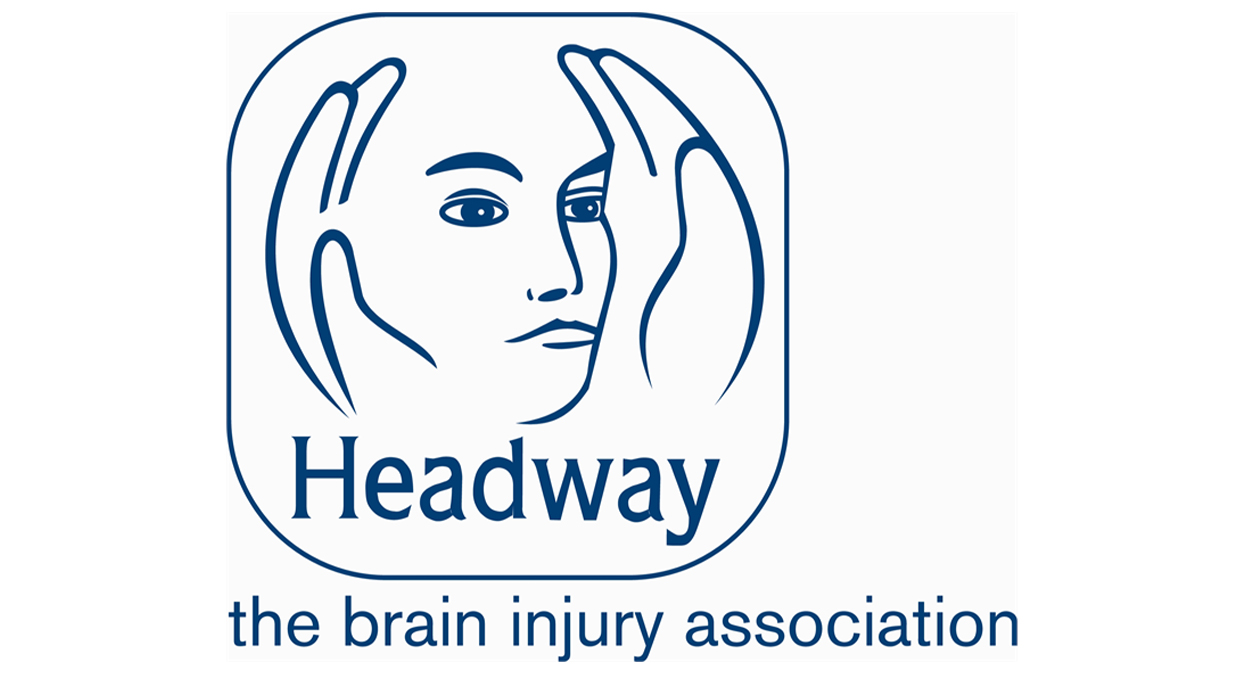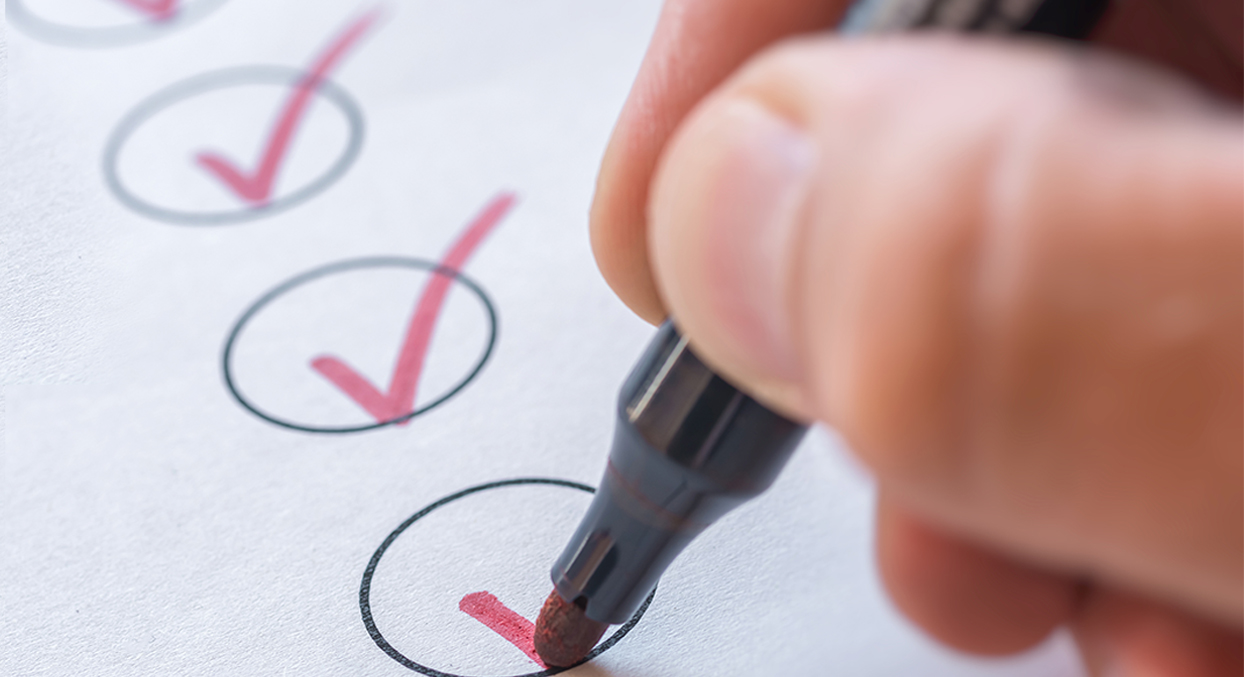Chris Deacon considers the way in which care given by family members is dealt with under different laws. This article is part of Stewarts’ Carer’s Week content for 2023. Carer’s Week runs from 5-9 June 2023.
When an individual suffers a life-changing injury, the response from family and friends who rally round to provide care and support is remarkable. In the face of such a devastating event, loved ones will go to great lengths to provide physical, practical and emotional support. When an injury occurs abroad, this will often mean jumping on a plane to be by the side of an injured family member or friend, as well as relentless calls and emails from back home, often at all hours of the day in view of time zones, to find out what has happened and ensure the individual is receiving the medical care and assistance they need. Support can include liaising with hospitals and insurers to secure the injured victim’s repatriation back to the UK at the earliest opportunity.
English Law – Gratuitous Care
Under English law, it is possible for those who have provided free care and assistance to a loved one who is catastrophically injured to be reimbursed for the time they have spent. This is known as a claim for gratuitous care and assistance. It often comes as a surprise to family members and close friends who have provided such care that a notional value is placed on the time they have spent to work out, in financial terms, what should be claimed. The commercial rates for care are typically discounted by 25% to arrive at an hourly rate for the gratuitous care a claimant has received. The English courts require the sum a victim recovers for gratuitous care they have received to be held on trust for the family or friends who have provided the care, on the basis the victim will pay the damages for gratuitous care to the relevant individuals at the conclusion of the claim.
Hunt v Severs
The House of Lords decision in Hunt v Severs [1994] 2 AC 350 ruled that where the victim’s carer is also the person responsible for their injuries, it is not possible to recover damages for the gratuitous care the latter has provided. This rule is out of touch with the reality of many common personal circumstances following a serious injury. Take, for example, a child who suffers life-changing injuries travelling as a passenger in a car while the parent is driving. The parent will almost always be heavily involved in caring for the child after the injury, often carrying a heavy burden of guilt as well as significant caring responsibilities.
The rule has the potentially perverse effect of forcing claimants to rely on paid, professional support that might otherwise be provided by the responsible loved one, increasing the level of damages the defendant must pay. Defendant insurers will often take a pragmatic approach to this rule and agree to disapply it. This approach is consistent with the recommendation of the Law Commission as long ago as 1999 in their Report ‘Damages for Personal Injury: Medical, Nursing and other Expenses’, which proposed that the rule in Hunt v Severs be reversed.
Providing care for a child as a parent
With children, it is common to take into account the normal parenting hours that would have been provided in any event. Following the decision in Reaney v University Hospital of North Staffordshire NHS Trust & Anr [2015] EWCA Civ 1119, there is, however, an argument that if all of the care the parents are now providing to the child, including “normal” parenting, is qualitatively, materially different to that which would have been provided in any event then it should be recoverable in full.
Even though there may have been pressure to reform the basis for assessing and awarding damages for gratuitous care in English law for several decades, the position on the extent of gratuitous care and assistance that can be recovered under English law may seem favourable when compared to other jurisdictions.
How care is dealt with following injury abroad
If the victim is injured abroad then there is an increased likelihood that a foreign law will apply when assessing the claim for damages. This will depend on the circumstances. For example, if the claim is against a tour operator based in England and Wales (or indeed another individual or company based in England and Wales) then English law will apply to the claim. If, however, the claim is against an individual, company or insurer based overseas then it is more likely a foreign law will apply. The starting point is that the applicable law will be that of the country where the injury occurred. There are exceptions to this rule, which should be analysed on a case-by-case basis. If a foreign law applies, then it does not necessarily follow that a claim for gratuitous care and assistance provided by family and friends will be recoverable at all as an item of damages.
Spain
In Spain, for example, where it is estimated over 15 million residents from the UK visited in 2022, recovering gratuitous care in a claim for damages varies case-by-case. The Spanish ‘Baremo’ governs the assessment of damages following a road traffic accident. The ‘Baremo’ is also widely followed in non-road traffic accident claims for damages. Under the ‘Baremo’, there is no provision for the recovery of past gratuitous care. It is arguable that this is a ‘reasonable expense’ that should be recovered in full prior to the victim reaching the point of consolidation of their injuries. Consolidation is a concept of Spanish law (and also applies under French law) and refers to the point at which the injuries plateau and no further recovery is expected. Future care and assistance is, however, recoverable under Spanish law, whether provided gratuitously by family or friends or by a paid professional carer. However, the recovery of future care costs depends on the severity of the victim’s injuries as assessed and graded under the ‘Baremo’.
France
Under French law, the extent to which damages for care and assistance are recoverable will depend on the assessment of the medical experts. An estimate is made of the level of care provided by family or friends and they are entitled to recover based on the commercial rates of care, with no reduction to reflect that the care was provided for free (“gratuitously”) unlike under English law.
Italy
If the claim for damages were subject to assessment under Italian law, strictly speaking gratuitous care is not recoverable. This could lead an individual to decide to pay a professional carer, rather than relying on family and friends, to ensure that they are reimbursed for the costs of meeting their care needs. It is often argued that this significant difference under Italian law is driven by socio-cultural considerations in Italy.
USA
If an individual is pursuing a claim for damages in the USA, the rules regarding recoverable damages will vary depending on the US state whose law applies to the claim. While the financial losses incurred by a victim are highly relevant to the claim for damages, particularly the cost of medical treatment and rehabilitation, the focus in US proceedings is often on the non-financial impact an incident has had. This reflects the procedure for jury trials. The extent to which an individual has had to rely on loved ones for care and assistance will be a factor influencing the award for non-pecuniary damages (ie pain, suffering and loss of amenity), even if a distinct award of damages is not made for the notional value of the gratuitous care provided in the same way as in English law.
Conclusion
To help assess the appropriate level of damages for gratuitous care, regardless of which law applies to the claim, it is helpful if those providing the care keep a diary with notes on the hours they have helped their injured loved one and key bullet points on the nature of the care and assistance they have provided. This information can be incorporated into witness statements to support the claim for damages and will be considered by care experts who might be asked to value the level and extent of gratuitous care.
You can find further information regarding our expertise, experience and team on our International Injury pages.
If you require assistance from our team, please contact us.
Subscribe – In order to receive our news straight to your inbox, subscribe here. Our newsletters are sent no more than once a month.






